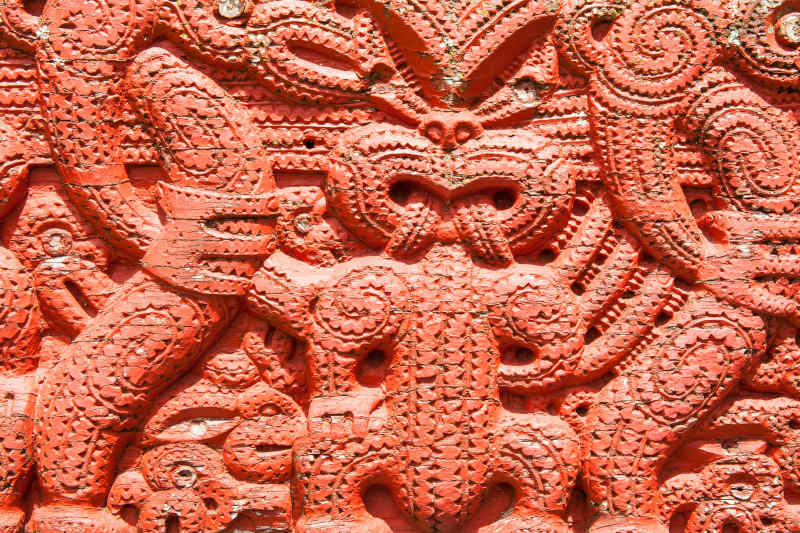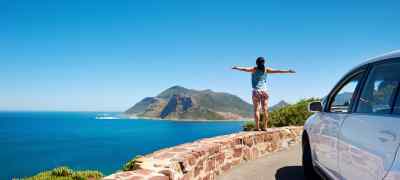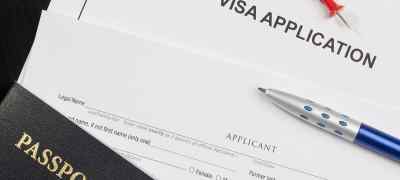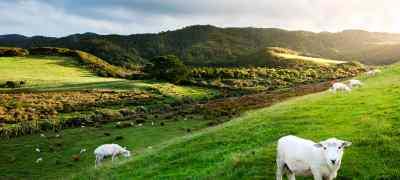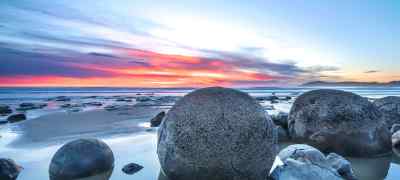By Caitlin Hornik
Visiting New Zealand? You’ll definitely want to read up on the Māori culture before you go! Experiencing this vibrant culture is one of the most incredible experiences you may have during your trip. If it’s not at the top of your list, it will be after you read this!
View vacation packages to New Zealand >
Te Reo Māori: The Māori Language
The Māori language is present throughout New Zealand. The Māori people named the country and many of the cities and towns! You may notice that some New Zealanders will speak the language, too. It may be helpful to learn a few key phrases before your trip to connect and engage with locals! “Kia ora” means “hello,” and “Ka kite anō” means “See you again!”
The Māori language is currently experiencing a resurgence. There are new initiatives giving the language attention, including Māori Language Week! Approximately 23% of New Zealanders speak the language, which is considered to be a national treasure.
Marae: Māori Meeting Grounds
The marae is the focal point of a Māori community. Generally, the marae consists of different buildings and grounds within a complex. There is a meeting house, a dining hall, a toilet, and other multi-purpose buildings. Each marae belongs to a different tribe or family. Members of the tribe will come and go, not living in the marae continuously. The marae is used for a variety of important events, including meetings, workshops, funerals, and other celebrations of life and culture.
The meeting house is the most important part of any marae. The meeting house, or wharenui, is carved, resembles a human body structurally, and often represents a particular ancestor of the tribe or family. The carvings tend to indicate the heritage of the tribe, supplemented by stories and legends.
If you have the opportunity to enter a meeting house during your trip, it is important to honor and be respectful of the Māori culture. You should not enter a marae unless you have been welcomed to do so. Remove your shoes, do not eat or drink inside, and do not take photos without permission.
Haka: Māori War Dances
The haka is an ancient Māori war dance. Often, it is used on battlefields as a show of solidarity within a tribe. Today, the haka is often used on sports fields, particularly rugby! It may also be used for special occasions, like birthdays and weddings.
The haka itself includes a variety of actions and chants. Sticking out tongues, stomping feet, and body slapping are all common parts of the haka. The chants usually describe that tribe’s ancestors and events. The haka may be intimidating to watch, but just know that it is a significant cultural experience that you are witnessing!
Pūrākau: Māori Legends
As with many cultures around the world, Māori culture is filled with legends and tales. These legends have shaped the culture, making certain places more sacred and rich in history.
Mount Hikurangi, located on the North Island, is said to have been a significant location in the tale of Māui the demigod.
Waipoua, also located on the North Island, is home to some of the surviving kauri forest. Some of the most ancient trees in the forest are named after Tāne Mahuta, the Lord of the Forest.
Rotorua is another place to visit with ancient ties to Māori culture. A tale of forbidden lovers originated here! Visit Lake Rotorua, the alleged place of the events between Hinemoa and Tutanekai.
Tā moko: Māori Tattoo
The art of Tā moko is meant to reflect tribal ancestry. In earlier times, it was reflective of social rank and other qualities. Men and women both adorn tā moko, but in different locations. Tā moko is a unique expression of the Māori culture. It is currently experiencing a resurgence similar to that of the Māori language! If you book a Māori cultural experience during your time in New Zealand, you are sure to see some form of tā moko!





